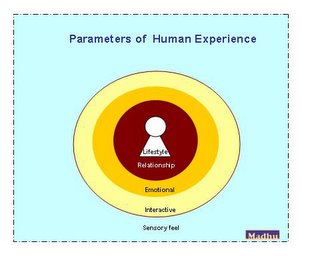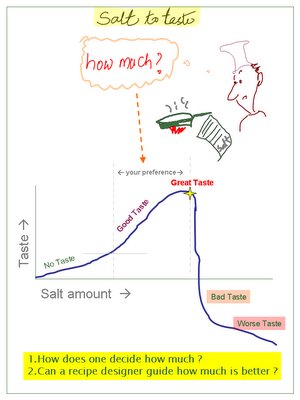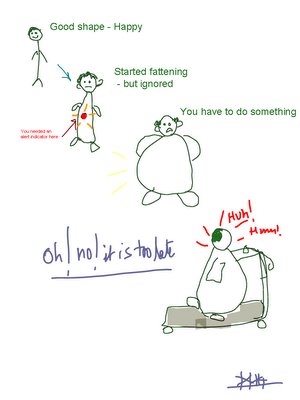Should businesses care about user experience ?

Why care for user experience beyond the sales booth :
- a. Users as Marketeers - viral marketing !! A happy user will tell good stories about (or around) your product to his friends / family.
- b. Loyal Customer - Everyone who cares for loyality (because new customer acquisition is costly), should worry about user experience beyond the sales booth.
- c. Cross sell - a happy customer will try more products from you.
- d. Avoid activitists - ensure that customers don't become activists against your company.
- e. Market research - involved user would tell you about market need. What people want. The chepeast and most effective market research / feedback.
- 1. Happily ever after - sell once, and buyer never comes back to you. (not to confuse with only-once-in-a-lifetime product).
- 2. See you soon - comeback because of wear and tear or boredom or new improved version.
- 3. Refill - comeback for refill
- 4. @ your service - continuous contact, else no service.
What would you do to become a relation (friend or ...or spouse) - Use same principles in product /service design. Check this for parameters for reaching deeper levels of human experience orbits.










